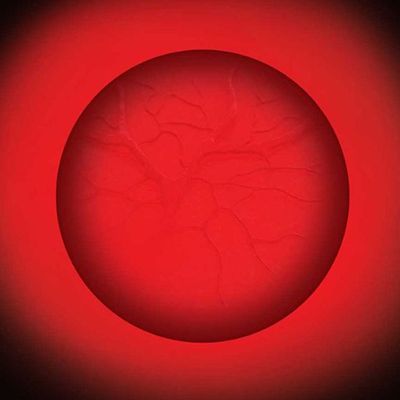| vendredi 17 octobre 2025 | 18:30 |
| samedi 18 octobre 2025 | 18:30 |
| Puccini, Giacomo (1858-1924) | Turandot | Livret de Renato Simoni, Giuseppe Adami |
| Lithuanian National Opera | ||
| Ričardas Šumila | Direction | |
| Yannis Pouspourikas | Direction | |
| Robert Wilson | Mise en scène, Décors, Lumières | |
| Stephanie Engeln | Décors | |
| Jacques Reynaud | Costumes | |
| John Torres | Lumières | |
| Lithuanian National Opera Orchestra | ||
| Lithuanian National Opera Chorus | ||
| Nicola Panzer | Mise en scène | |
| José Enrique Macián | Dramaturgie | |
| Tomek Jeziorski | Vidéaste | |
| Česlovas Radžiūnas | Chef de chœur | |
| Sandra Janušaitė | Soprano | Turandot |
| Maribel Ortega | Soprano | Turandot |
| Eduardo Aladrén | Ténor | Calaf |
| Agnė Stančikaitė | Soprano | Liù |
| Kamile Bonté | Soprano | Liù |
| Tadas Girininkas | Basse | Timur |
| Liudas Norvaišas | Basse | Timur |
| Edmundas Seilius | Ténor | Empereur Altoum |
| Karolis Kašiuba | Ténor | Empereur Altoum |
| Steponas Zonys | Baryton | Ping |
| Claudio Sgura | Baryton | Ping |
| Rafailas Karpis | Ténor | Pang |
| Vicenç Esteve Madrid | Ténor | Pang |
| Mindaugas Jankauskas | Ténor | Pong |
| Tomas Pavilionis | Ténor | Pong |
| Arūnas Malikėnas | Basse | Mandarin |
| Raimundas Juzuitis | Baryton-basse | Mandarin |
One of the most beautiful pearls of the operatic repertoire, G. Puccini‘s masterpiece “Turandot”, has returned to the stage of the LNOBT. Filled with metaphors and allegories, this epic symbolist drama – fable about the cruel princess Turandot, inspired Puccini to write a piece that is utterly unique in the context of his creative legacy. Unfortunately, the composer was unable to finish this work – he passed away in 1924. The ending of the penultimate scene of “Turandot” is final material orchestrated by Puccini himself – he took the drafts of this scene with him to the clinic in Brussels. Italian composer of the younger generation Franco Alfano was commissioned to complete the opera using the drafts. The premiere of “Turandot” was presented on 25 April 1926 at the “La Scala” theatre in Milan, with conductor Arturo Toscanini on the podium. After Liu’s death scene maestro lowered his baton, turned towards the audience and announced: “this is where the opera ends; this is where Giacomo Puccini ceased composing. In this case, death was more powerful than art.” The curtain closed after his words.
“Turandot” was first produced in Lithuania in 2003; its creative team included conductor Stefan Lano, director Detlef Sölter, designers Friedrich Despalmes, Monika Biegler. This time “Turandot” was brought to life by conductor Modestas Pitrėnas and iconic theatre director Robert Wilson, who also created lighting and set designs for this production. In his works R. Wilson always displays extraordinary precision: every movement is perfectly calculated, the rhythm of light and action wonderfully in tune. R. Wilson‘s productions are a lot like buildings of laconic architecture. „I‘m interested in the unnatural. If an actor is attempting to be natural on the stage, he is lying – being on the stage itself is unnatural,“ – claims the director.
Mr. R. Wilson is already well-known to the Lithuanian audience: in 2007 LNOBT presented his staging of J. S. Bach’s “Johannespassion” (co-production with Theatre du Chatelet in Paris) – to this day it still remains as one of the most beautiful and aesthetically perfected productions of the LNOBT.
The present production of “Turandot” is a co-production between the LNOBT, Teatro Real (Madrid), Canadian Opera Company (Toronto) and Grand Opera (Huston) and the Opera National de Paris.
Surtitles in Lithuanian and English


